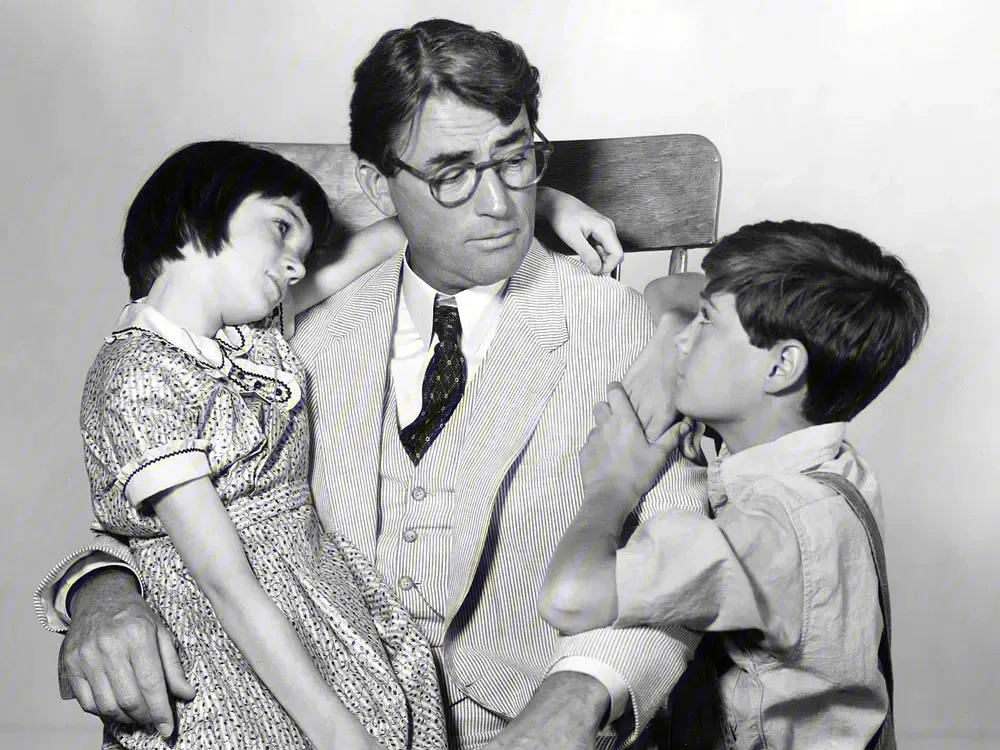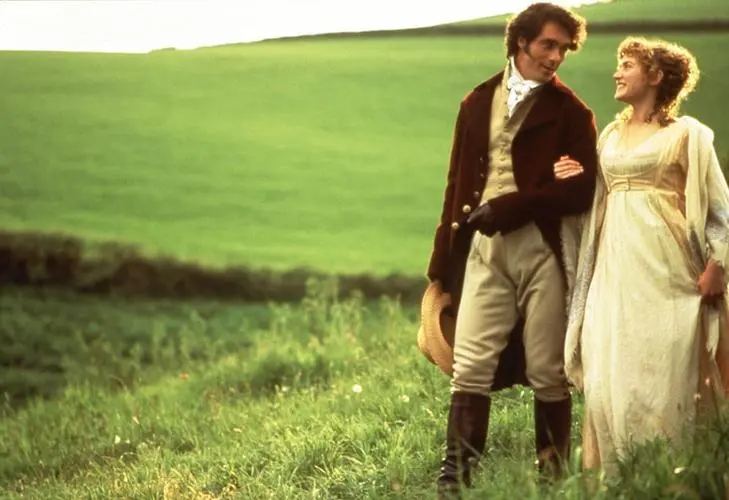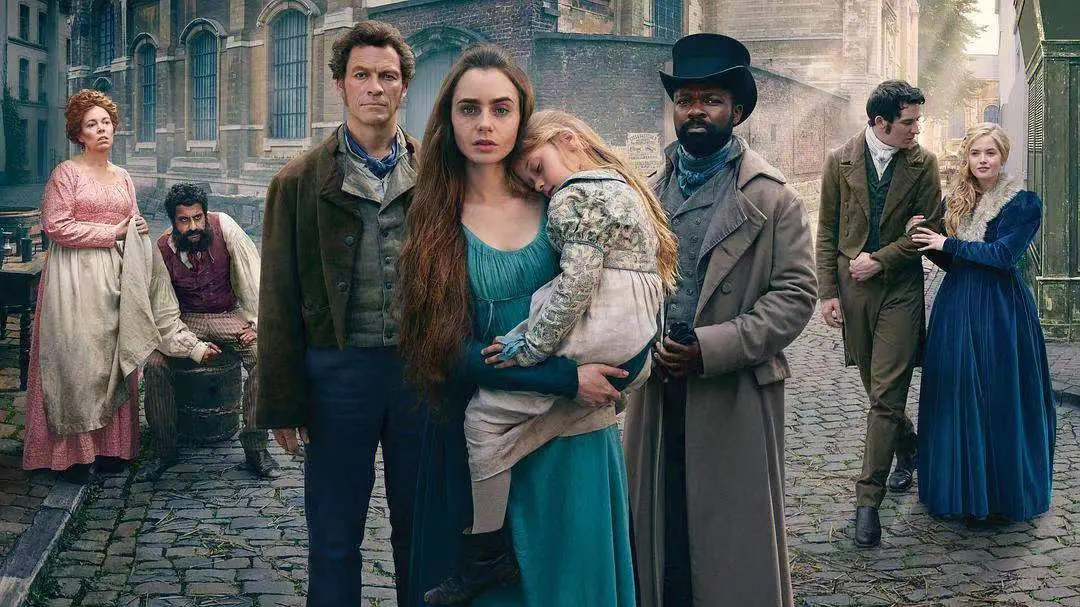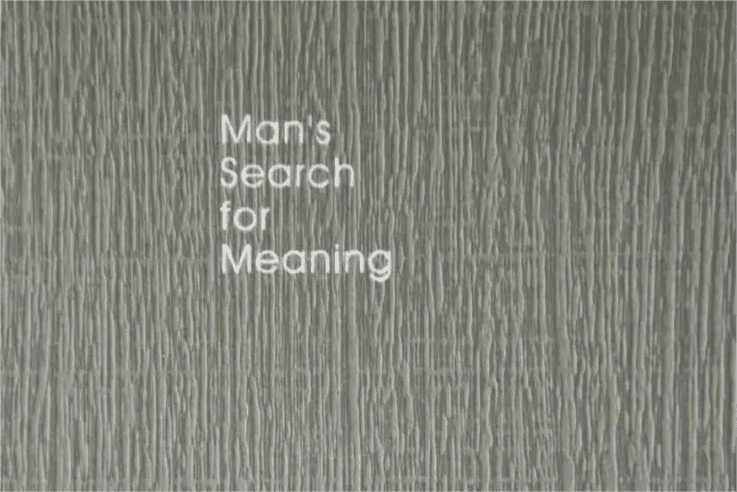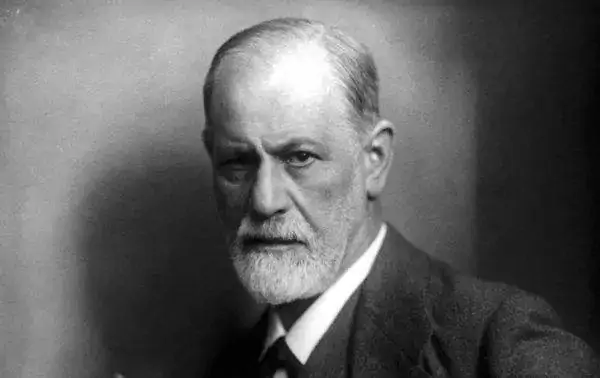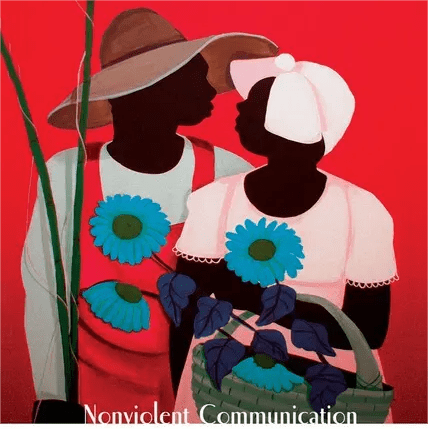The whole book is set in Maycomb, a small town in the South of the United States during the Great Depression in the 1930s. From the perspective of a child, it tells the story of a case in which a black man named Tom was falsely accused of raping a white girl.
Scout and her brother Jem were born into the Finch family in the small town of Maycomb. Their father Atticus was a lawyer, and they had an aunt named Alexandra.
Scout never thought of herself as a lady. She thought wearing a dress would not allow her to move; Jem was always stubborn and pretended to be a man; Aunt Alexandra was always talking about the high Finch blood and telling Atticus to keep the kids in line.
In my opinion, the full text has two main lines, one is “eccentric Radley”; The other was “the Negro Defense.” The two main lines are supplemented by class contradictions, racial discrimination, discrimination chains, prejudice, and tragedy.
Atticus is by far the most positive character in the whole book. He is kind and kind, liberal and rigorous, and he often teaches Scout and Jem as an intellectual:
He told Jem that Mrs. Dubose was a great, honorable lady who died as easily as the mountain wind, embracing true bravery. (Mrs. Dubose had weaned herself off morphine before she died.)
Even though he was a good shot, he realized how unfair this skill was to most of the rest of life on Earth. So he decided not to shoot again, unless he had to. (Jem learns this and shouts happily to Scout, “Atticus is a gentleman! The same as me!” )
While helping Tom, a black man, is mocked and mocked by the rest of the town, he tells Scout, who is listening, his honest and good point of view by talking to his cousin Jack (read: “But if I don’t stand up, do you think I can stand up to my own children? Jack, you know exactly what’s going to happen as well as I do, and I hope, I pray, that I can get Jem and Scout through this without too much pain and, most of all, without them getting Maycomb’s disease. Why do normally reasonable people lose their minds when it comes to black people? I cannot for the life of me pretend to understand this absurdity. I just wish Jem and Scout had come to me for answers instead of listening to the town talk. I hope they trust me enough… Louise?” )
In his final speech for Tom, he was telling the jury and the court that all men are created equal, while his children were in the courtroom watching their father defend Tom. (Gentlemen, there is one more subject I would like to mention before I finish. Thomas Jefferson once said, “All men are created equal,” a favorite line of attack of the Yankees and the wise wives of the executive in Washington. In this year, 1935, there were so many people who took it out of context and used it everywhere, that it became one. A kind of trend. The most ludicrous examples I can think of are those of public education administrators who let dumb, lazy students get the same grades as smart, hardworking ones because “all men are created equal,” and who will seriously tell you that children who fail grades develop a strong sense of inferiority. We all know that the myth some people teach us that all men are created equal is actually a fallacy — the fact that some people are just smarter and wiser than others, that some people just have more opportunities than others because they were born that way, that some men make more money than other men, that some women cook better cakes than other women — in short, Some people are naturally more gifted and talented than most ordinary people.
“But in this country, in a sense, all men are created equal — there is a human social construct that puts beggars on par with Rockefellers, fools with Einsteins, humbleness with university presidents. And that institution, gentlemen, is the court — the highest court of the federal government of the United States, the lowest magistrate’s court, or the noble and sacred court in which you now serve. Our courts are flawed, as are any social institution, but they are great egalitarians in this country. In our courts, all men are created equal.
I am not an idealist, and I do not believe that our courts and our jury system are perfect and impartial — they are not ideals to me, but living working conditions. Gentlemen, this court is no more fair than any member of the jury that sits before me. A court can only be as good as its jury, and a jury can only be as good as each of its members. I have every confidence in you gentlemen that you will review the testimony you have heard with a rational eye, and reach a verdict that reunites the defendant with his family. In the name of God, do your duty.” )
When I saw that impassioned, righteous speech, I saw the end: the jury was impressed, and Tom was acquitted. But this was not reality: the jury unanimously found Tom guilty, Tom was sent to prison, and Atticus had to continue to appeal.
I was wrong. I didn’t realize that the racism that was ingrained in most white people at that time wasn’t going to be changed by Atticus’s impassioned speech. Black people are morally inferior, rude, and politically correct. It occurred to me that Madon had said that our lack of understanding of sexual minorities was a tragedy, that homosexuality was a crime and a disease (quote). Moreover, prejudice and discrimination just because of different skin color and race is a tragedy like the caste system in India.
Tom knew in court that the white girl’s statement was full of holes and that she was lying. But he was kind enough to say, “She just misremembered.” He was reluctant to use the word lying to describe the white girl. (Atticus’s statement shows that the white girl loves the black Tom, but is seen by her father trying to seduce him. At the time, white people liking black people was considered unspeakable. Putting Tom to death would eliminate the proof that she liked a black man.)
But it was a good black man, a pretty robin, who was shot mercilessly by the bullets of prejudice.
It was a tragedy, and even sadder than that was the way some people in Maycomb treated Tom’s death as a happy comedy.
I’d rather talk about juries, (not all cases in the United States require juries, only big, complicated cases. The jury is composed of people from all walks of life, representing the general understanding of society and making up for the deficiency of judges. After all, a judge cannot be familiar with all the circumstances, and the facts of a case often require knowledge of many aspects. If the facts of a case are determined by a judge, they may lead to wrong understanding due to personal ability or prejudice. However, if the facts are determined by a group of people, the facts can be ensured to be relatively objective and true. The jury and the judge have different rights, the jury is a judgment of fact, that is to say whether the defendant is guilty or not guilty; The United States calls itself a democratic and liberal country, which is one reason for adopting the jury system. The original idea is that justice is not a right for the majority, but a guarantee for the minority.
But the jury in this case did not do justice, let alone show human concern. The prosecution made all kinds of feeble corrections and all kinds of flaws in the evidence, but defendant Tom was still convicted. Is the jury even necessary? When the values of the minority can only be unified to the values of the majority, there is no point in having a jury. That is not justice and care. That is tragedy.
But there was always hope, and Atticus’s efforts were not all for naught:
He told sister Alexandra by his actions that it was not the longer a family stayed on a piece of land, the better and nobler the family became, but the true nobleness was to stand for justice and equality.
He showed Jem that there was one thing that did not conform to the principle of conformity, and that was conscience;
He tells Scooter by his actions that there is only one kind of man, because all men are created equal;
He even tweaked the jury’s will to give it a different opinion.
He was like an elegant gentleman, who, even though he was as small as a mayfly to the sea under the rules of the world, he did his best to influence those around him so that his children would not be infected with the diseases of Makekham.
Jem obstinately told his father that it wasn’t fair, that they couldn’t do it, and that the law should be changed.
That, I thought, was the nobility in Aunt Alexandra’s mouth, that was hope.


